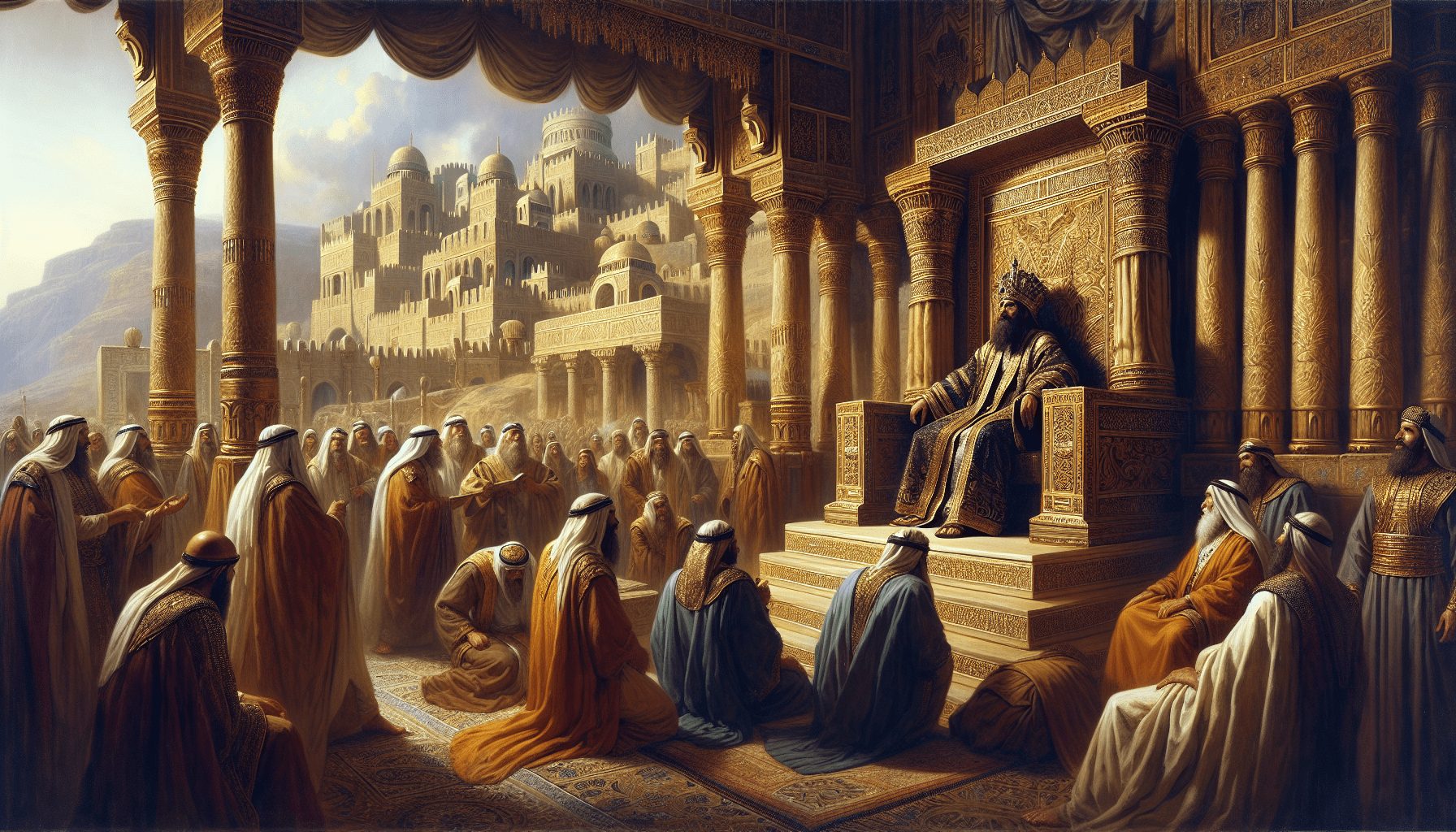**The Miracle of the Widow’s Oil**
The sun hung low over the hills of Samaria, casting long shadows across the dusty road where a desperate woman walked with slow, heavy steps. Her face was lined with grief, her hands trembling as she clutched the folds of her worn cloak. She was a widow, left alone with two young sons after her husband—a faithful servant of the Lord—had passed away. But now, a new sorrow loomed over her: a creditor had come, demanding payment for her late husband’s debts. With no means to pay, the man threatened to take her sons as slaves to settle what was owed.
Tears blurred her vision as she made her way to the one man she believed could help—Elisha, the prophet of God. She had heard of his mighty deeds, how the Spirit of the Lord worked through him. Perhaps, just perhaps, he could intervene before it was too late.
When she reached Elisha, she fell at his feet, her voice breaking as she cried out, *”My husband, your servant, feared the Lord, but now the creditor has come to take my two boys as slaves!”*
Elisha, moved with compassion, looked at her with gentle eyes. *”What shall I do for you?”* he asked. *”Tell me, what do you have in your house?”*
The widow wiped her tears and answered, *”Your servant has nothing at all, except a small jar of olive oil.”*
A knowing light flickered in Elisha’s gaze. He straightened and spoke with divine authority. *”Go around and ask all your neighbors for empty jars—not just a few, but as many as you can gather. Then go inside your house with your sons, shut the door behind you, and pour the oil into all these jars. As each one is filled, set it aside.”*
The widow hesitated for only a moment before nodding. She trusted the word of the Lord’s prophet. Hurrying home, she sent her sons through the village, knocking on every door, pleading for empty vessels. Soon, they returned with jars of every size—clay pots, wooden containers, even large basins—stacked high in their small home.
With trembling hands, the widow took the small jar of oil, the last remnant of her livelihood. She shut the door behind her, as Elisha had commanded, and began to pour.
A miracle unfolded before their eyes.
The thin stream of oil flowed steadily, filling the first jar to the brim. She handed it to one of her sons, who set it aside with wide-eyed wonder. She poured again—another jar filled. And another. And another. The oil did not run dry.
One by one, every vessel was filled until there were no more left. Only then did the oil cease.
Breathless, the widow rushed back to Elisha, her heart pounding with joy. *”The oil has stopped!”* she exclaimed.
Elisha smiled. *”Now go, sell the oil and pay your debts. You and your sons can live on what is left.”*
The widow returned home, her heart overflowing with gratitude. She sold the oil, paid the creditor in full, and with the remaining money, she and her sons were sustained. God had provided in their darkest hour, proving once more that He was a Father to the fatherless and a defender of the weak.
Through the prophet’s faith and the widow’s obedience, the Lord had turned her desperation into abundance. And so, the story of the widow’s oil became a testament to all who heard it—a reminder that the God of Israel was faithful to those who trusted in Him.




